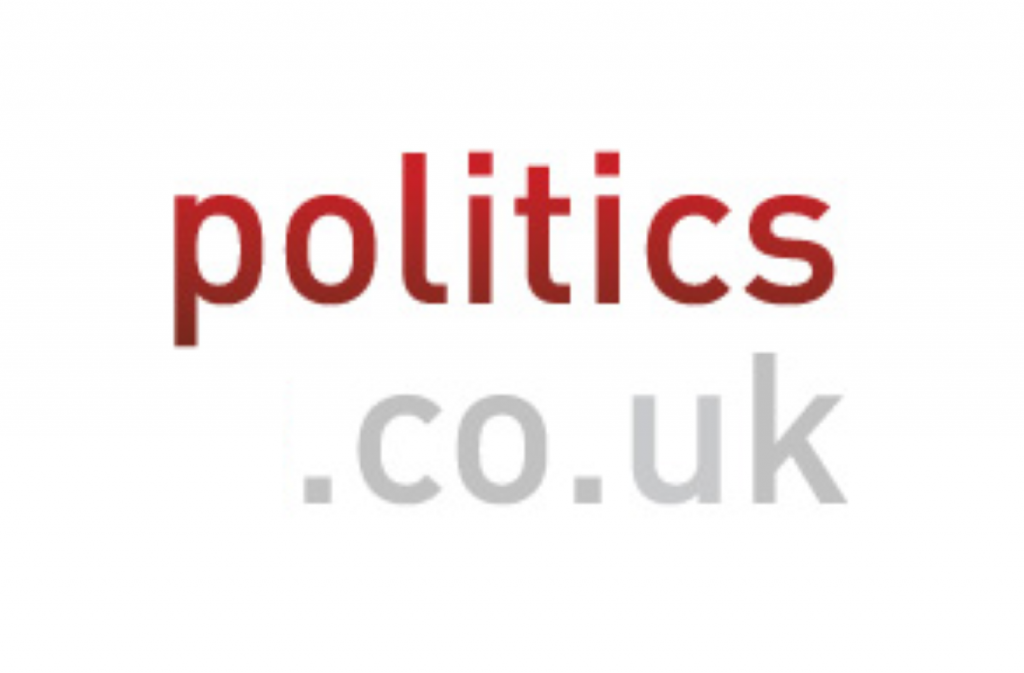Tory leadership rules go to a vote
New rules on the election of a Conservative leader are being sent out to the party’s constitutional college after they were approved by the board yesterday.
Michael Howard resigned following the general election in May saying he would stand down when new rules for the election of his successor were decided.
Last month, MPs voted 127 to 50 to end the current system in which grassroots members have the final say, and restore this power to the parliamentary party.
The new rules would require candidates to have the support of at least ten per cent of the parliamentary party to stand. They would be put in order of popularity by the National Convention, made up of senior voluntary figures, and MPs would then vote on this list.


Party chairman Francis Maud welcomed the new system, saying: “I am pleased that these changes, agreed by the party board and the 1922 Committee are going to be put forward.
“If these changes go through, the Conservative party will have a new leader in place by the middle of November.”
The changes will now be put to the vote by the 1,100-strong constitutional college, which is made up of association chairmen, area and regional officers, senior volunteers, MEPs and peers.
The proposed new rules have provoked criticism from many MPs, however, including leadership hopefuls Theresa May, Michael Ancram, David Willetts and Andrew Lansley.
And former Conservative chief executive Barry Legg recently launched the Better Choice campaign to give the party membership the final decision on the next Tory leader.
He says he already has the backing of 100 local chairmen, and believes a blocking majority of about 300 is “certainly achievable”.
“My instinct is that people aren’t going to vote in favour of having their vote taken away from them. To disenfranchise the whole membership of the Conservative party is I think a step backwards,” he told World at One.
He added: “‘Every member of the Labour party had a vote when Tony Blair became leader and they chose a winner. I think every member of the Conservative party should have a vote as well.”
Meanwhile, former Tory co-chairman Lord Saatchi has denied reports suggesting his advertising company and its subsidiaries had charged the party £2.5 million for work on the election campaign.
In a statement issued as the party board met yesterday, Lord Saatchi denied any improper dealings, saying: “They had followed the practice Saatchi companies had adopted in their work for the Conservative Party for the past 27 years.”
He added: “I acted as party chairman as an unpaid volunteer, charging no salary, no fees and no expenses for the 18-month period.”

